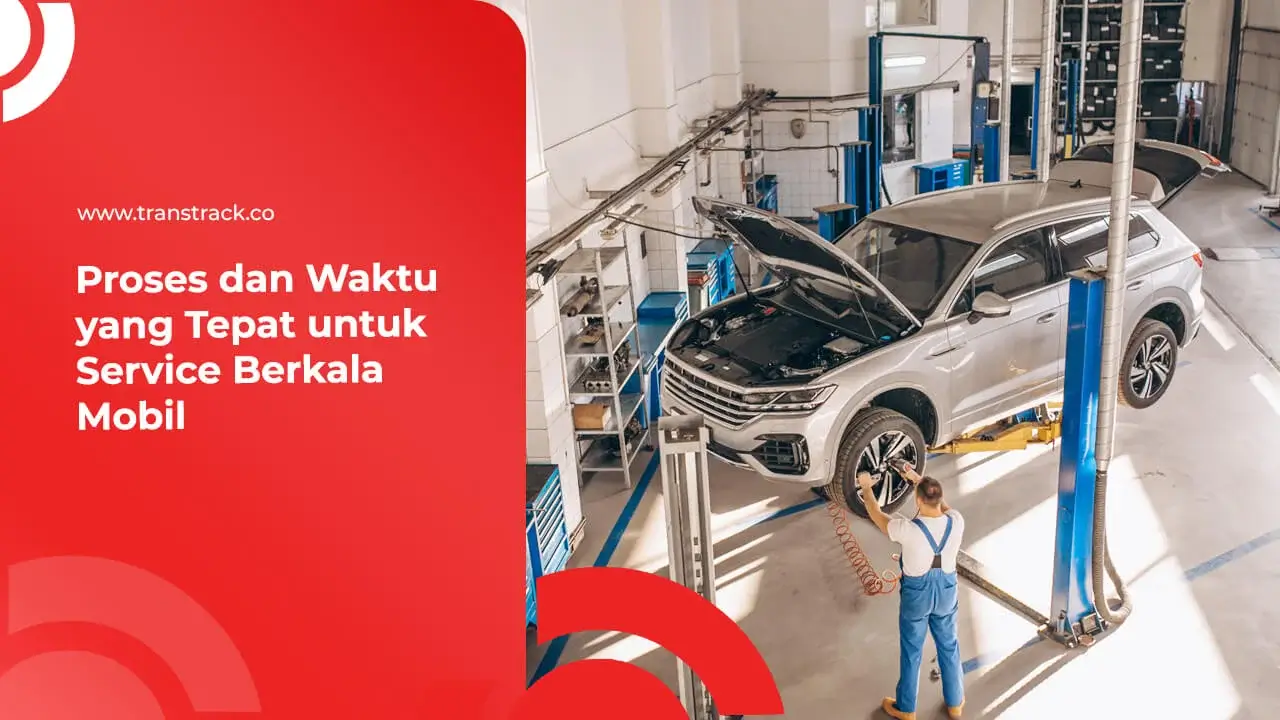Overhaul, When To Do It and How Much Does It Cost?

An overhaul is a complete renovation, making major changes to improve. A few new windows and a coat of paint won’t be enough to fix that old house – hence the need for a complete overhaul. A car engine overhaul is usually done when there are serious problems with the car and its engine. During an overhaul, your mechanic disassembles the engine and then evaluates the condition of the internal components to identify the source of the problem and fix it. Internal parts such as piston rings, bearings, gaskets, and camshafts may be replaced during an overhaul, although it depends on their condition and what the source of the problem is.
Your mechanic will also clean the surface of the engine and its parts to remove any carbon buildup that will degrade performance. Finally, your mechanic will recondition the inner surface of the engine cylinder to ensure the piston rings form a proper seal with the cylinder wall.
What is the Purpose of Overhauling an Engine?
Engine repair is essentially giving your engine a new lease of life. Most engines wear out over time due to heat and normal wear and tear. Some engines break down faster than others due to being driven too hard like a race car. Or affected by insufficient engine oil, or lack of maintenance. The list goes on and on.
In short, everything has a lifespan. And your engine is no different. When you notice that your engine oil level is always dropping, fuel efficiency isn’t as good as before or there are strange noises coming from the engine, it’s best to consult a mechanic to check if your engine needs an overhaul.
The benefits of overhauling your engine are quite obvious. You will enjoy a like-new engine. Better fuel consumption will be noticed. The engine is quieter like a new car and your engine power will return!
A good overhaul can last for another 5 to 10 years. It is as if you are getting a new car again for the next decade.
When is it time for an overhaul?
If you notice any of these signs, your vehicle’s engine may have a problem:
Warning light on
If you see a warning light come on that you’ve never seen come on before, you may have a problem. This light is connected to a sensor that watches everything your car does. If something goes wrong, this light tells you which part of the car has the problem. The ‘check engine’ light is problematic when it appears because it can mean many things.
You feel a rude surge
When you’re driving, you should never feel any jerks, surges, or stalls. Your ride should be smooth and easy, but if your car starts making these rough movements, it’s often a sign of engine trouble. This could be caused by bad spark plugs, clogged fuel lines, the main computer misreading the driving situation, or any number of other issues.
There is a loud noise
If you hear a popping or knocking sound while you’re on the road, it could be your car trying to tell you that there’s a problem with its engine cylinders. This problem occurs when gases ignite too quickly in the combustion chamber of the cylinder. If you hear noises that are not normal for your vehicle, it’s time to take it to a repair shop.
You smell something
When you start smelling something in the car while you’re driving, it’s a sign of trouble. A distinct odor could mean there’s some sort of leak, the exhaust is going where it shouldn’t, and more. If the inside of your car smells like it does when you’re standing right behind it, you should immediately get out of the vehicle and have it checked out. Cars can release carbon monoxide, which is toxic and deadly. If you smell rubber, you may have a problem with the belts or hoses. Whatever the smell, if it’s new, follow up and take your car in for a checkup.
There is smoke
Smoke can come from both the front and rear of the car. However, no matter where it comes from, it’s never good. Smoke could mean your car is overheating, oil is leaking, or something else. If you notice smoke, take your car to a repair shop immediately.
What Engine Parts Does Overhaul Cover?
What are the signs of a bad engine? There are things you can look for before a total engine breakdown that can tell you that you should overhaul your engine. Here are some signs to look out for:
- Knocking sound – if your engine makes a knocking sound while it’s running, it’s a sign that the combustion timing is off.
- Black or Blue Exhaust – Pay attention to the color of the exhaust your engine produces. If it’s a deep, dark color, then it’s a sign of trouble.
- Lower Fuel Economy – If your engine is wasting more fuel on short routes, then it’s time for an overhaul.
- Poor Oil Pressure – A damaged engine is also unable to disperse oil, so you may see indications of poor oil pressure.
- White Exhaust – If your exhaust is white, it means your coolant is burning inside the engine cylinders and needs to be checked.
This is not an exhaustive list. In fact, whenever you notice something unusual about your vehicle, take it to a mechanic for inspection. The earlier you act, the better your chances that an engine overhaul job can save your engine.
What is the Difference between Tune Up and Overhaul
Some things never change, like the need for regular preventive maintenance. But a tune-up is one job that has changed a lot throughout automotive history. The archaic term is still used by many to describe a service procedure that is supposed to make the engine run better. There is no exact definition of what exactly should be included in a tune-up, but most would agree that it involves replacing spark plugs and making other adjustments to maintain or restore the engine’s like-new performance.
A simple maintenance-type tune-up (a new set of plugs) can make the engine easier to start, improve fuel economy, lower emissions, restore lost power and strength, and so on provided the engine performance has deteriorated due to worn or dirty plugs. But if the problem lies elsewhere, a new set of plugs alone won’t do the trick. A “tune-up” under these circumstances would be a waste of time and money.
For an Overhaul, it will basically disassemble the engine, clean it, and reassemble it with all new wires and housings. A major tune-up will ensure your engine’s brake and gearshift systems feel like new. An overhaul also includes repairing the wheels and lubricating/adjusting all the bearing systems (hubs, headset, bottom bracket) to keep everything feeling smooth and prevent parts from unnecessary wear.
Cost of Overhauling an Engine
The price of an engine overhaul can vary greatly depending on factors such as the make of the engine, the extent of the overhaul, and the workshop that will be performing the engine work. Typically, certified engine overhauls range from $20,000 to $40,000.
To be sure, you can ask your mechanic about any damage and then prepare for the cost of repairs.
An overhaul is a good reason to fix any kind of damage to your engine. However, you must be confused about when to check the engine regularly to see if there is damage or not. Instead of waiting for a damaged engine, we are better off checking regularly. Well, the solution for this you can use Vehicle Maintenance System from TransTRACK which offers features to manage vehicle usage. Take your company’s operations to a higher level, extend the life of your vehicles and make sure your vehicles are always safe and ready to use. Manage vehicle, inventory, and mechanic repair and maintenance schedules and costs with us!
Topic





